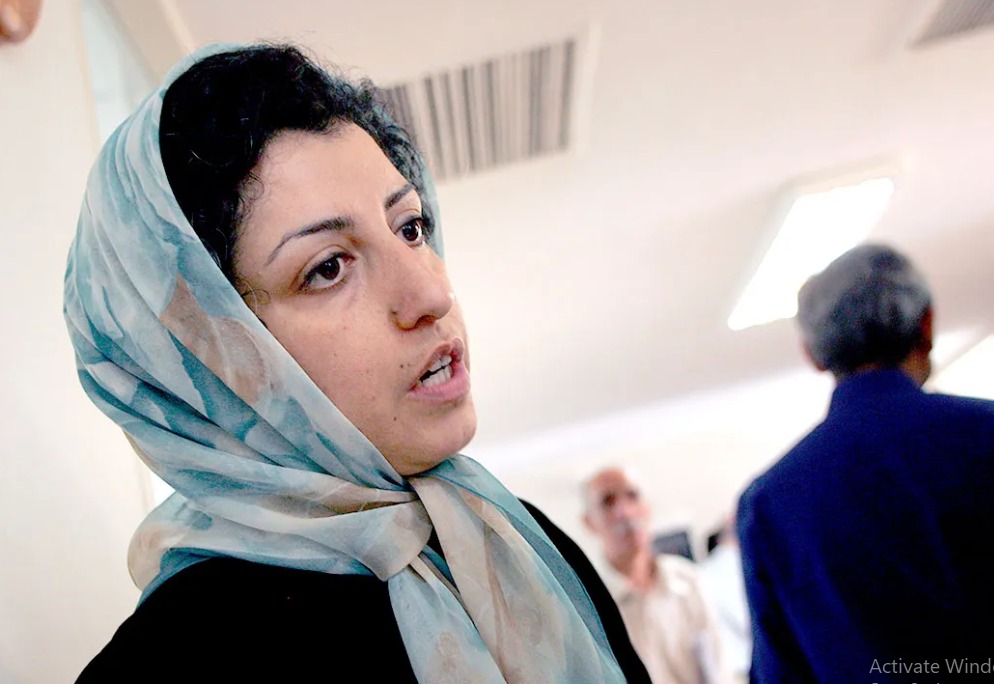In a gripping display of resilience and defiance, Iranian Nobel Peace Prize laureate Narges Mohammadi embarked on a hunger strike this Monday, challenging the Iranian prison authorities’ refusal to provide her with essential medical care. The courageous women’s rights advocate, who was honored with the prestigious Nobel Peace Prize on October 6, is serving multiple sentences totaling approximately 12 years in Iran’s notorious Evin prison. This act of protest comes as a potent outcry against the system that has denied her access to medical treatment and continues to infringe upon her basic rights.
Nobel Laureate’s Struggle for Medical Care
Amidst the heart-wrenching tale of Narges Mohammadi’s hunger strike lies the profound and ongoing struggle for her access to medical care. Reports from the activist HRANA news agency reveal that the 51-year-old Nobel laureate has been denied the opportunity to seek critical heart and lung treatment at a specialist hospital. It is alleged that the refusal stems from her unwavering stance against the imposition of a mandatory headscarf, even for medical visits. In response to these allegations, the Iranian judiciary remains silent, as the world watches this harrowing ordeal unfold.
Nobel Peace Prize as a Defiant Rebuke
Narges Mohammadi’s Nobel Peace Prize, awarded on October 6, sent a powerful and defiant message to the theocratic leadership of Tehran. The prestigious accolade was a resounding rebuke to the Iranian government, accusing the Nobel committee of meddling and politicizing human rights issues. The global community recognized Mohammadi’s unwavering commitment to women’s rights and the promotion of peace, shedding light on the inherent injustice she faces within her homeland. As she now embarks on a hunger strike, Mohammadi’s dedication to her cause remains steadfast, transcending the boundaries of a prison cell.
A Perilous Protest within Evin Prison
Narges Mohammadi’s hunger strike is not an isolated act of defiance. Her courageous stand against the prison authorities is part of a larger protest staged within the confines of Evin prison. On October 29 and 30, Mohammadi, alongside a group of imprisoned women, demanded her transfer to a hospital for vital medical treatment. The refusal by the prison authorities to address her urgent medical needs has sparked outrage within her family, who have communicated their deep concerns to Reuters. In a poignant statement, her family revealed her willingness to risk her life by refusing to wear the “forced hijab,” even for medical treatment, making it evident that Mohammadi’s struggle is rooted in principles she holds dear.
Narges Mohammadi’s hunger strike has become a poignant symbol of her unyielding commitment to human rights and her relentless fight against the denial of essential medical care. Her Nobel Peace Prize serves as a beacon of hope, challenging the oppressive regime in Iran. As the world watches her perilous protest within Evin prison, the international community remains hopeful that her unyielding spirit will ultimately prevail, shining a light on the ongoing struggle for human rights in Iran.















